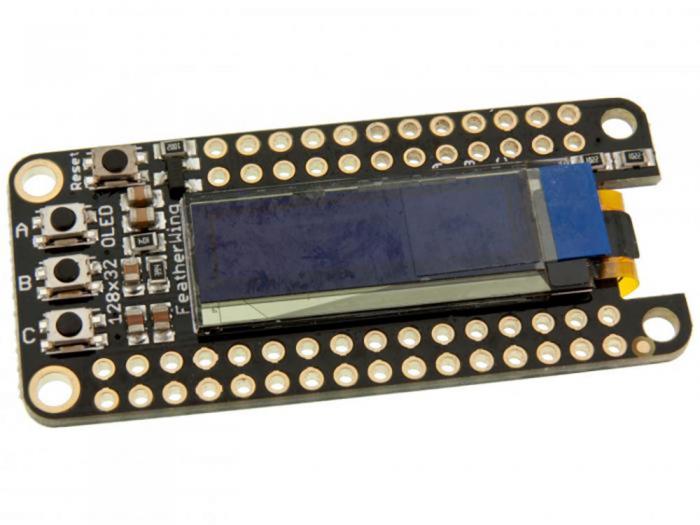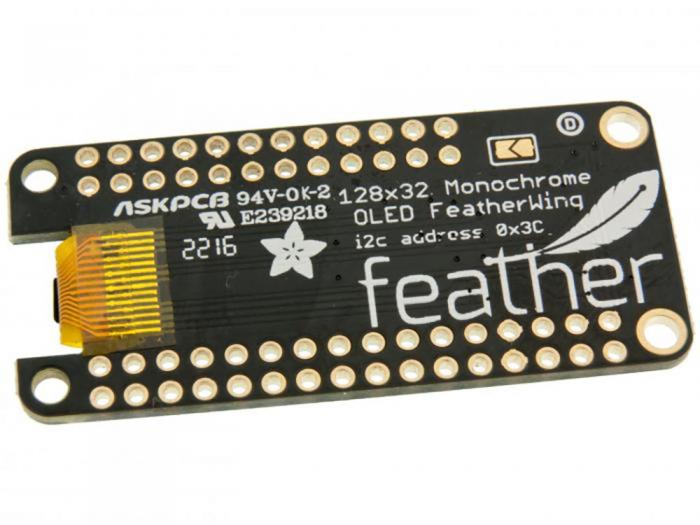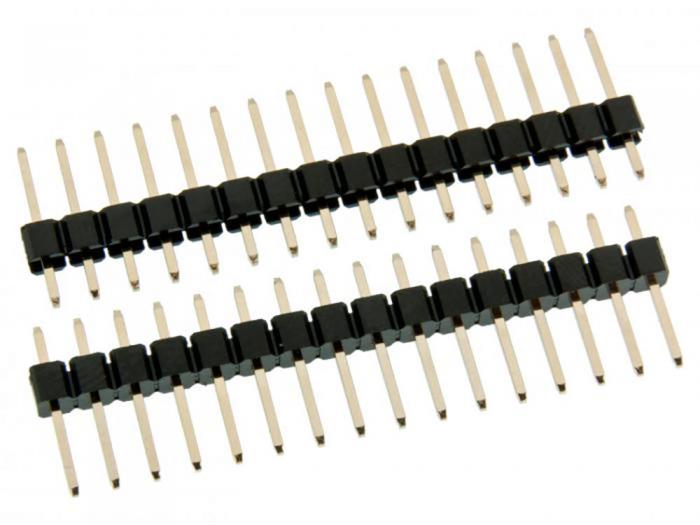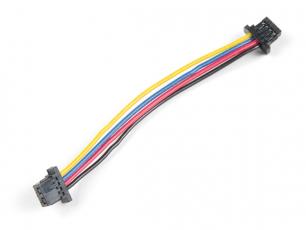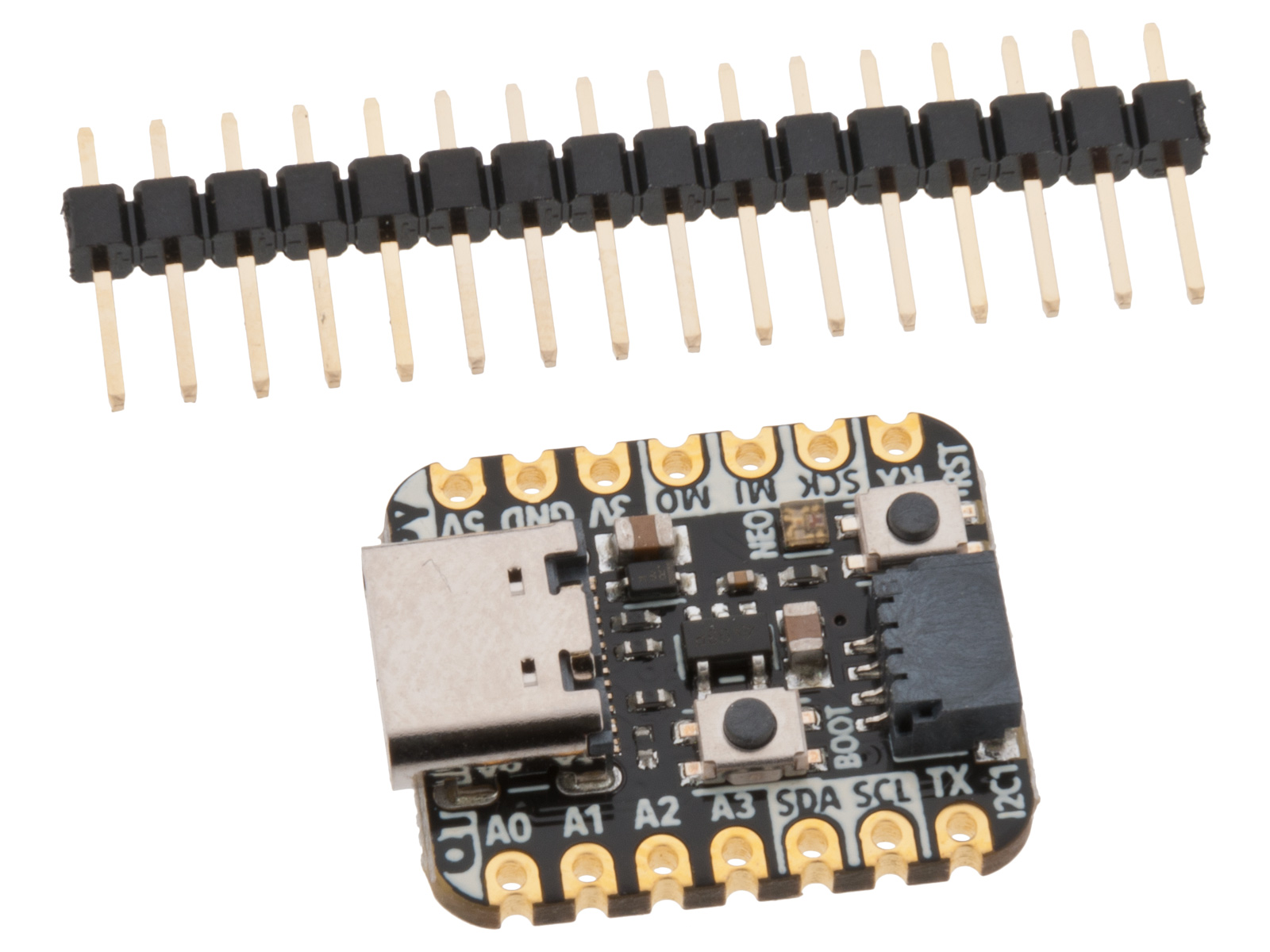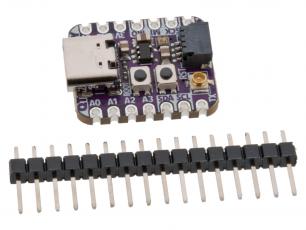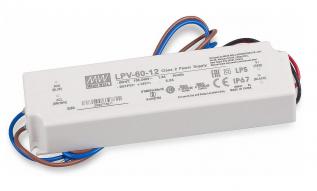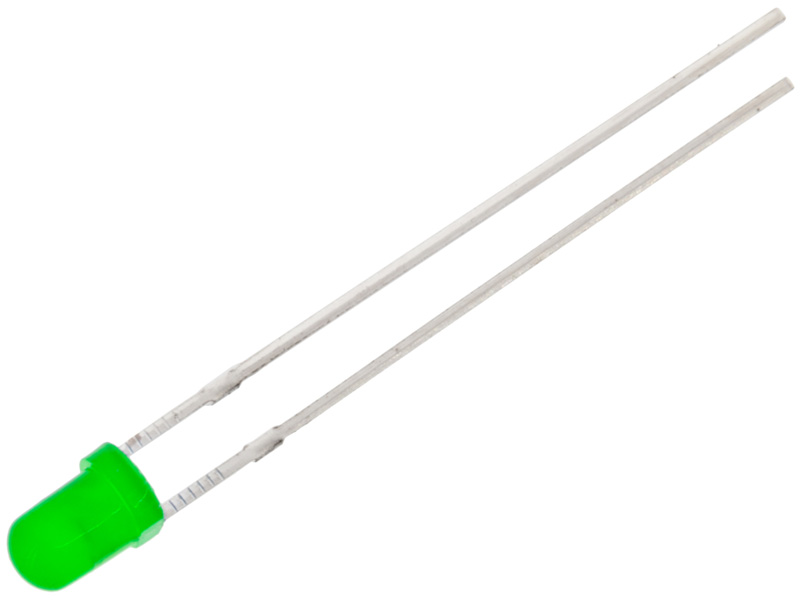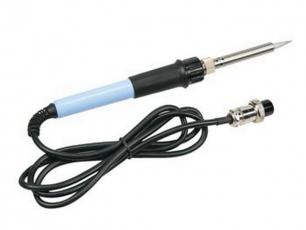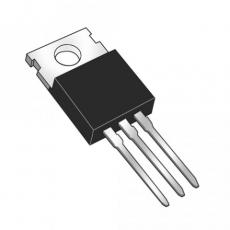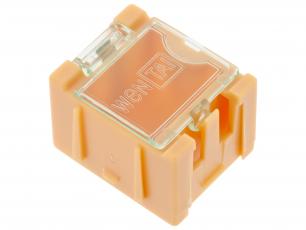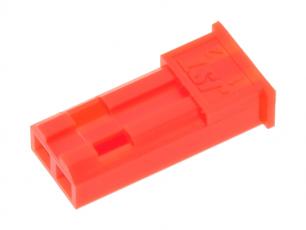Product description
This is the FeatherWing OLED: it adds a 128x32 monochrome OLED plus 3 user buttons to any Feather main board. Using our Feather Stacking Headers or Feather Female Headers you can connect a FeatherWing on top of your Feather board and let the board take flight!
These displays are small, only about 1" diagonal, but very readable due to the high contrast of an OLED display. This screen is made of 128x32 individual white OLED pixels and because the display makes its own light, no backlight is required. This reduces the power required to run the OLED and is why the display has such high contrast; we really like this miniature display for its crispness! We also toss on a reset button and three mini tactile buttons called A B and C so you can add a mini user interface to your feather.
Tested works with our Feather 32u4, M0 and ESP8266 boards. The OLED uses only the two I2C pins on the Feather, and you can pretty much stack it with any other FeatherWing, even ones that use I2C since that is a shared bus. To use, simply follow our tutorial to install our Arduino library, its basically a Feather-shaped version of the 128x32 I2C OLED breakout
PCB dimensions: 22.9mm x 50.9mm / 0.9" x 2"
Display area: ~25.8mm / ~1.0"
Weight: 4.8g
On 32u4 or M0 Feathers, buttons A, B & C connect to 9, 6, 5 respectively
On Huzzah ESP8266 Feather, buttons A, B & C connect to 0, 16, 2 respectively
These displays are small, only about 1" diagonal, but very readable due to the high contrast of an OLED display. This screen is made of 128x32 individual white OLED pixels and because the display makes its own light, no backlight is required. This reduces the power required to run the OLED and is why the display has such high contrast; we really like this miniature display for its crispness! We also toss on a reset button and three mini tactile buttons called A B and C so you can add a mini user interface to your feather.
Tested works with our Feather 32u4, M0 and ESP8266 boards. The OLED uses only the two I2C pins on the Feather, and you can pretty much stack it with any other FeatherWing, even ones that use I2C since that is a shared bus. To use, simply follow our tutorial to install our Arduino library, its basically a Feather-shaped version of the 128x32 I2C OLED breakout
PCB dimensions: 22.9mm x 50.9mm / 0.9" x 2"
Display area: ~25.8mm / ~1.0"
Weight: 4.8g
On 32u4 or M0 Feathers, buttons A, B & C connect to 9, 6, 5 respectively
On Huzzah ESP8266 Feather, buttons A, B & C connect to 0, 16, 2 respectively

